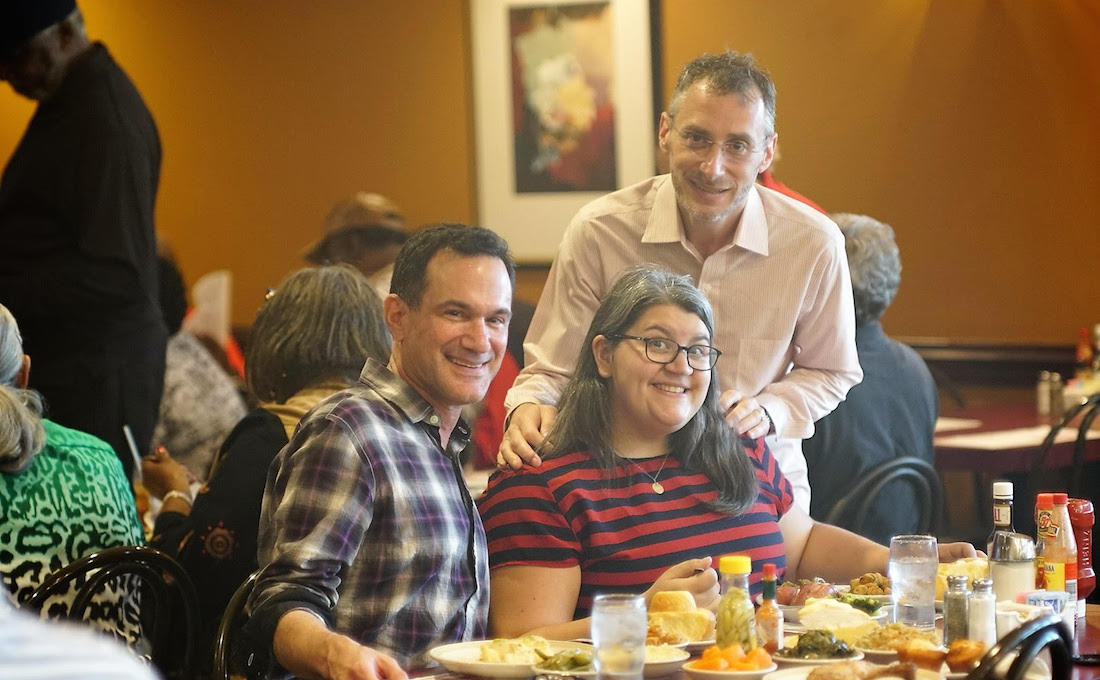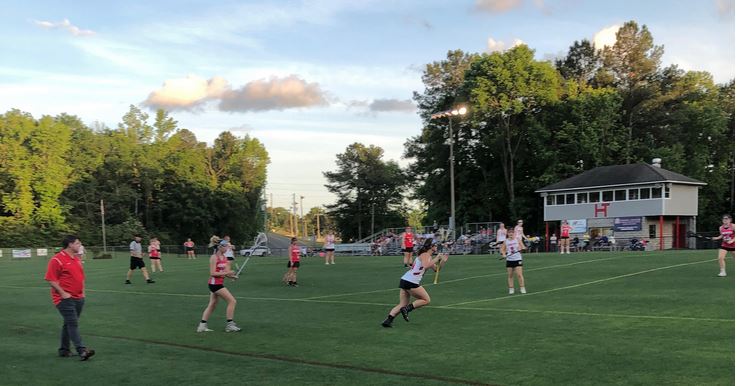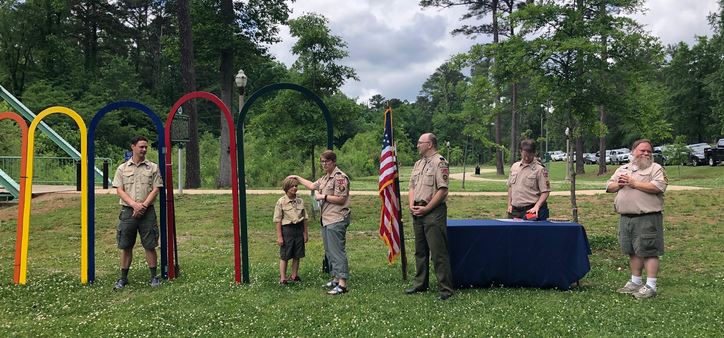As JeffCo film industry grows, Film Birmingham looks toward policy changes
The initiative’s next step is to make sure all of Jefferson County is on the same page when it comes to hosting movie productions.
Film Birmingham is entering its second year of existence with a plan — to draft and implement policy that makes it easier for film productions to come to Jefferson County.
It’s been a strong first year for Film Birmingham, an initiative of Create Birmingham that was first announced last May. When it first started, Create Birmingham President and CEO Buddy Palmer described its goals as “twofold.” It would work to attract new film productions to Birmingham, as well as to “[assist] growth of the local business infrastructure that supports production.”
Film Birmingham largely picked up the role that the Birmingham-Jefferson Film Office once held. That office had been part of the Metropolitan Development Board, but it eventually shut down in 2012 after the MDB merged into the Birmingham Business Alliance. Create Birmingham began filling that role in 2016 and was able to attract three full-length film productions to the city that year.
They more than doubled that in 2017, the year Film Birmingham was officially launched — and 2018 is well on track to surpass last year’s number. Films with high-profile names attached to them — the John Travolta-starring Moose and the Aaron Eckhart-starring Live!, among others — have filmed in downtown Birmingham this year, drawing national attention to the city’s nascent film industry.
But for that industry to continue to grow, Palmer says, lawmakers will need to pass production-friendly public policy — not just for Birmingham, but throughout Jefferson County. It’s that policy that Film Birmingham is working to create.
“To us, policy for the City of Birmingham and for Jefferson County, that’s sort of like infrastructure,” Palmer says. “That’s like paving the road. Our hope is that we can develop a policy that will be at least somewhat ubiquitous across Jefferson County.”
The policy in question would concern the practicalities of producing films in cities — everything from permits, sidewalk and street closures, cooperation with police and sheriff’s departments, and more.
The need to craft consistent policy across the county, he says, stems from the fact that film productions “do not look at municipal boundaries.” Some productions in the Birmingham-metro area this year, for example, have filmed in Bessemer, Hueytown, and Fairfield.
“You don’t want a production to have to come into your city and figure out 12 different ways of dealing with municipal government,” he says. “If [producers] see a really complicated jigsaw puzzle without an entity there to facilitate all of that, they’re going to go somewhere else.”
Palmer says that there will be an extensive drafting process for these policy before it’s presented to municipal government for official adoption. Film Birmingham has been looking at the practices of film-friendly cities of a similar size to Birmingham, and taking elements “that speak to us about where Birmingham[‘s film industry] is,” he says.
“We’re not creating it out of whole cloth,” he adds. “We’re looking at best practices from communities that have been doing this much longer than we have.”
A first draft of the policy is expected to be finished sometime this month. When that’s finished, Film Birmingham will begin the process of troubleshooting the draft — bringing in representatives from municipal governments, the county commission, police and fire departments, and more to provide input. “It will be a while before we bring those drafts forward in a public way,” he says.
But Palmer emphasizes that the city and county’s film industry has been making great strides already. “In a very short period of time, I think Birmingham has proven that it is hospitable to the industry, that we have a lot of natural ingredients to make the industry grow here,” he says. “I think we’re only beginning to scratch the surface of what we can be.”










